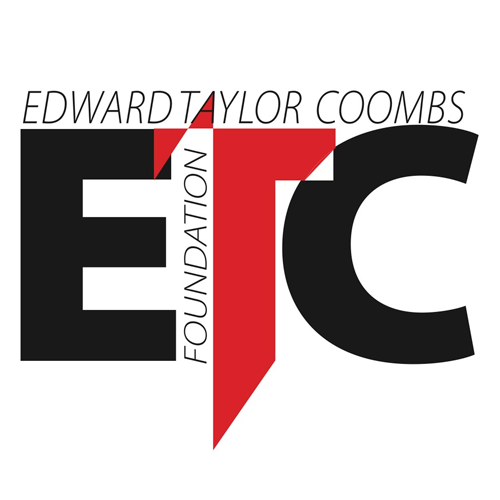Building Blocks of Financial Literacy & Money Management: Your Teen’s Guide to Budgeting and Saving
Studies reveal that only about a quarter of young adults possess basic financial literacy. Budgeting is the foundation of financial management—it’s like creating a roadmap for your money. According to various financial literacy surveys, nearly 40% of people struggle to cover a $400 emergency expense. This underscores the importance of budgeting, as it helps allocate funds for necessities, savings, and discretionary spending. For instance, research suggests that by saving just $20 a week, a teenager could accumulate over $1,000 in a year. This illustrates the power of consistent, disciplined saving.

Unlocking the World of Credit: How Teens Can Navigate Credit Wisely
Credit cards offer convenience but can lead to financial pitfalls if not managed properly. On average, American households carry around $6,200 in credit card debt. Understanding credit is crucial as it influences major life decisions, from renting apartments to buying cars. According to credit agencies, a good credit score (700 or higher) significantly impacts loan approvals and interest rates. By using credit cards responsibly, paying bills on time, and keeping balances low, teenagers can establish a positive credit history early on, setting the stage for a solid financial future.
Financial Literacy for High School Students | Free Course (everfi.com)
From Dreams to Reality: Setting and Achieving Financial Goals as a Teen
Setting specific financial goals significantly impacts saving behavior. A survey by TD Ameritrade found that 80% of millennials don’t have a budget, but 73% have financial goals. This highlights the importance of translating dreams into actionable steps. Whether it’s saving for a new phone, a college fund, or a dream trip, setting achievable goals creates a roadmap for managing money effectively. Studies show that teens who set specific savings goals are more likely to save for college than those without such goals. It’s not just about dreaming but taking steps to turn aspirations into tangible achievements.
Important Financial Goals for Teens | Family Finance | U.S. News (usnews.com)
The ABCs of Earning and Investing: Making Money Work for You
Many teenagers rely on parents or guardians for financial support, but understanding earning and investing can pave the way for financial independence. The investment world may seem daunting, but even small investments can grow substantially over time. Studies show that only 29% of Gen Z invest in the stock market. Learning about stocks, bonds, and mutual funds, even in small amounts, can help teens understand the power of compound interest and long-term financial growth. Moreover, exploring part-time jobs, freelancing, or entrepreneurial ventures not only earns money but also teaches valuable financial lessons.
<iframe width=”560″ height=”315″ src=”https://www.youtube.com/embed/uWmPzNsgDZs?si=fTEs3qjks-NktWIr” title=”YouTube video player” frameborder=”0″ allow=”accelerometer; autoplay; clipboard-write; encrypted-media; gyroscope; picture-in-picture; web-share” allowfullscreen></iframe>
Steering Clear of Money Mishaps: Common Pitfalls and How Teens Can Avoid Them
Debt traps are common pitfalls—on average, American households carry around $15,611 in credit card debt. Young adults often feel more comfortable with technology than managing money, according to reports. Embracing technology for money management is great, but it’s crucial to use it responsibly. Budgeting apps, expense trackers, and educational platforms tailored for young adults can aid in financial management. Awareness of overspending, impulse buying, and the importance of budgeting is vital. Learning to balance technology with financial prudence helps avoid common money mistakes.
ETC Foundation’s Role in Empowering Teens
In conclusion, organizations like the ETC Foundation play a pivotal role in educating and empowering teens in financial literacy. They provide workshops, online resources, and community initiatives aimed at equipping young individuals with the necessary tools and knowledge to navigate the complex world of personal finance. By engaging with such organizations, teens gain invaluable insights that guide them towards a financially secure future.
If you liked this blog, here are more blogs you would like to read.





















